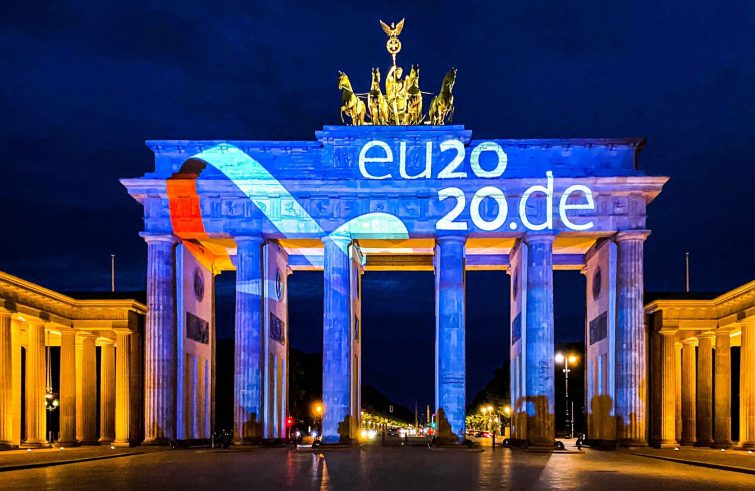
“During Germany’s Presidency of the Council of the European Union, we will do all we can to meet together and in a forward-looking manner” the COVID-19 challenge and “to help Europe to recover. It is more important now than ever before to set clear priorities and to join forces”. This is the starting point of Germany’s programme for its six-month presidency which started today under the slogan: “Together. Making Europe Strong Again” in the awareness that “crises have always been an opportunity in the EU to call things that are considered a given into question” and to become “prepared to face the challenges of the future”. The main objective will therefore be to overcome “the COVID-19 pandemic permanently, as well as the economic recovery”, with measures to heal the economic and social wounds of the crisis. The proposals put forward are many and diverse, such as: “strengthening the single market” and developing “mechanisms that improve its resilience in crisis situations”; and to “systematically implement priorities of the European Pillar of Social Rights (EPSR) that are relevant to crisis management”, for example, by creating an EU framework for national minimum income protection systems and for minimum wages in cooperation with social partners.
Work will focus on building a “stronger and more innovative Europe which, for Germany, means “expanding the EU’s digital sovereignty”, whose key elements are cohesion, social security and solidarity; a “sustainable Europe”, for which economic, technological and social changes are necessary; a “Europe of security and common values” and a “strong Europe in the world”. The immediate goal is to “ensure a rapid conclusion of the negotiations on the EU’s multiannual financial framework”. The agenda is set, but it may undergo changes depending on the pandemic, especially in relation to the way events are held (online or in-person). Some upcoming events are Angela Merkel’s address to the European Parliament on 8 July, and the European Council on 17-18 July.
